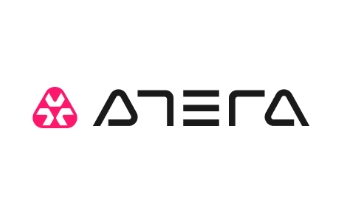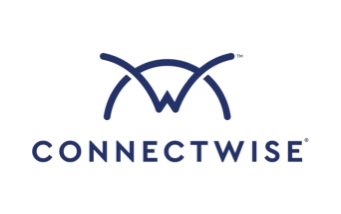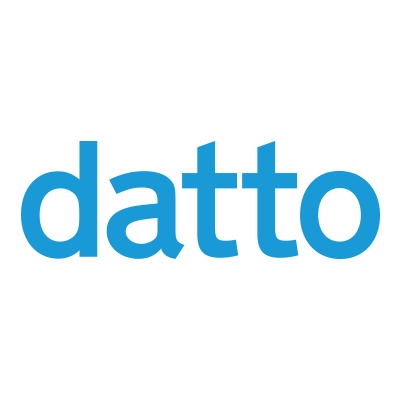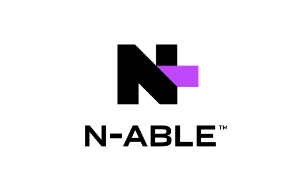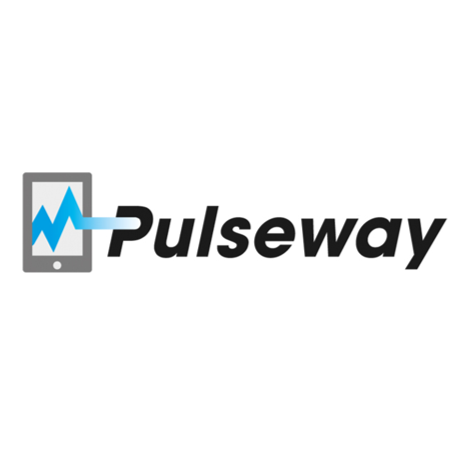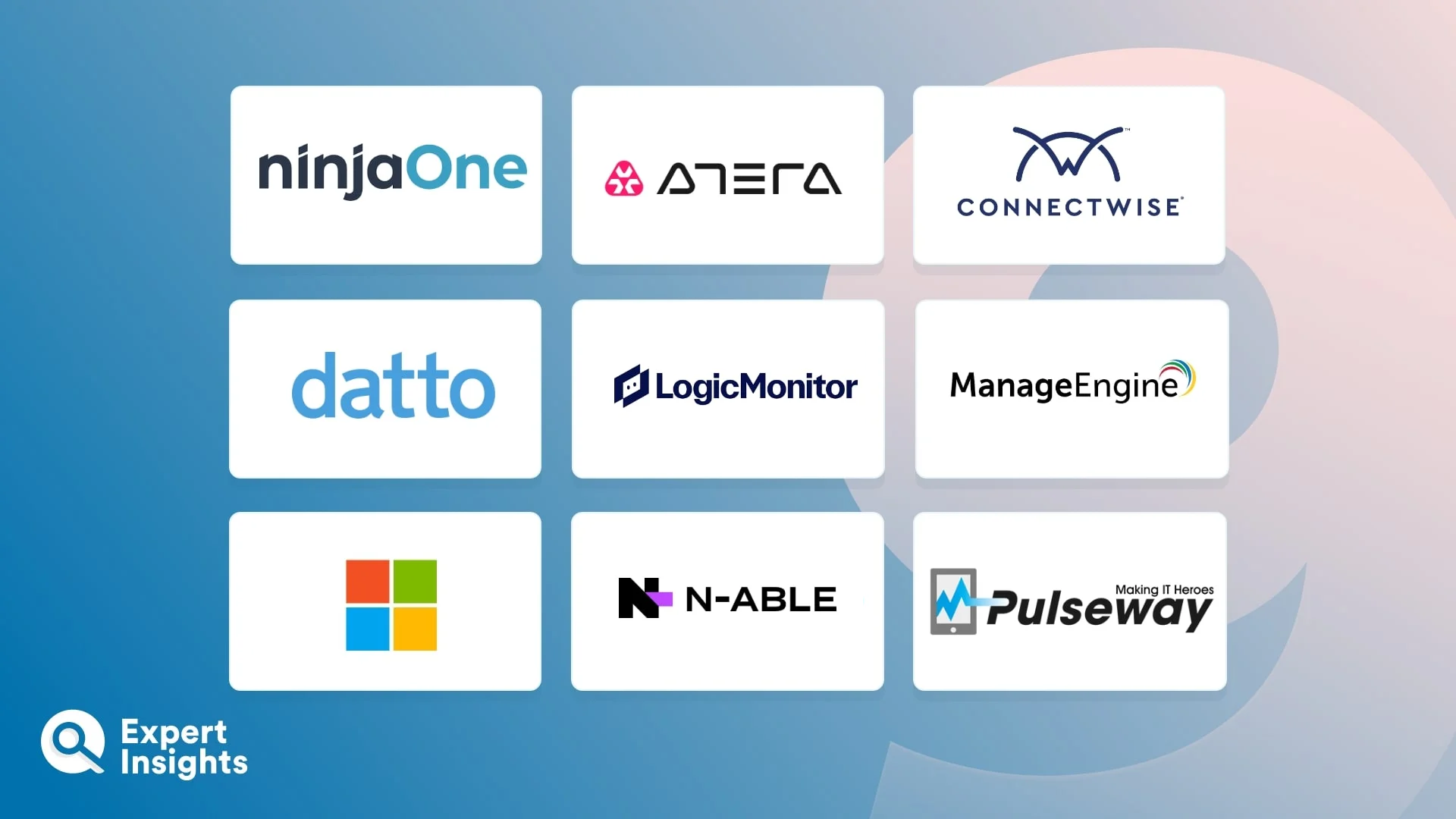Microsoft Windows is the most dominant desktop operating system used worldwide, with just over 74% of the global market share. With almost three-quarters of the world’s businesses relying on Windows every day, it’s critical that MSPs can monitor Windows environments for vulnerabilities and ensure they’re running as efficiently as possible. However, they also need to be able to fix issues quickly when detected—which can be tricky when dealing with remote or hybrid clients. Remote management tools for Windows can help solve both challenges.
Remote management tools, or RMM tools, enable MSPs to monitor the security and operational effectiveness of their clients’ networks remotely—i.e., without having to visit their clients onsite. This helps them respond to incidents as soon as they’re detected, improving client security while cutting travel costs.
No two RMM tools are the same, with each one offering a slightly different feature set to meet certain business needs. However, when comparing remote management tools for Windows, some of the key features that MSPs should look for include health and security monitoring, alert prioritization, customizable reporting, and a wide range of integrations with—and patch management support for—third-party software. For Windows environments, it’s likely that you’ll need third-party integrations with the Microsoft 365 suite, in particular.
In this article, we’ll explore the best remote management tools for Windows and their key features, including secure remote access, automated patch and vulnerability management, custom reporting, and network monitoring alerts. We’ll also give you some background information on the provider, as well as the type of customer that they are most suitable for.





